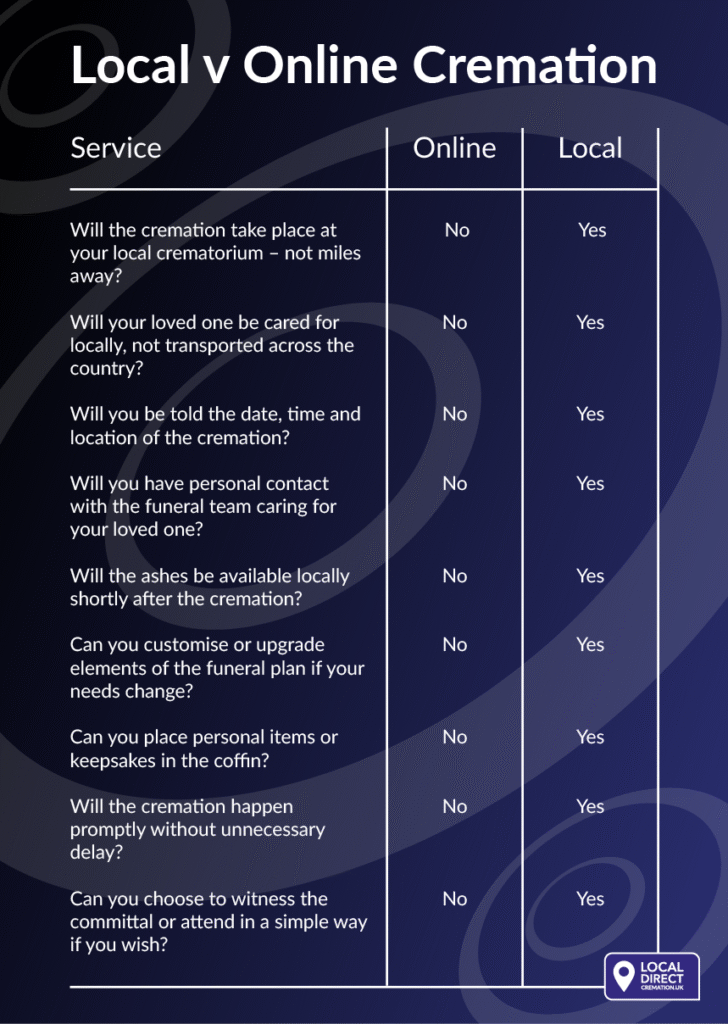There’s a conversation no one in our profession seems brave enough to have publicly—so let’s have it here. This is a rant, yes. But it’s also a call for clarity, fairness, and a rethink of what prepaid funeral plans have become—and how they’re hurting the very people entrusted with delivering a dignified farewell: your local, independent funeral director.
Prepaid Funeral Plans: A Broken System?
Let’s start with a truth many won’t say aloud: prepaid funeral plans, as they stand today, do not serve funeral homes. In theory, they were created to protect families from rising costs and to give peace of mind that everything is “taken care of.” Noble aims. In practice? They are a product that guarantees the future service cost for decades to be completely covered when in reality Funeral home suppliers rise 7-10% per year.
Funeral homes are being locked into fixed fees that don’t reflect real costs, sometimes decades after the plan was sold. These plans force us to deliver full services while barely covering the cost of the coffin, let alone professional staff, vehicles, maintenance, and overheads. The result? Diminished profits that starve businesses of the cashflow they need to reinvest. No other industry allows you to advance purchase by decades and guarantee no future costs. Try that with your local car dealer!
The Reality Behind the Curtain
We’re not greedy. We’re not chasing luxury. But it is a business—one that requires regular reinvestment to maintain dignified premises, reliable vehicles, modern technology, and trained staff. Improvements in regulation are absolutely essential and guaranteed to be on their way, with tighter regulation comes higher running costs. You don’t get that from thin margins. You certainly don’t get that from an £1,800 funeral that’s been untouched since 1999 while all other costs, fuel, insurance, and wages have skyrocketed.
Funeral homes should always be held to the highest professional and emotional standards, and rightly so. But we’re also the only service providers expected to absorb decades of inflation on behalf of plans we didn’t sell, can’t renegotiate, and sometimes don’t even get told about until the death occurs. These plans often fall short by hundreds of pounds and nobody does anything or can do anything about them.
A Better Solution: Insurance & Savings
Here’s a radical idea: stop forcing funeral homes into loss-making agreements. Let prepaid planning move toward financial-only solutions—funeral bonds, savings accounts, or properly regulated death insurance products. Let families earmark money without dictating the terms of the service decades in advance. Let funeral homes set their own prices when the time comes, reflective of real-time costs and service standards. Families can plan their funeral with their chosen home and know they have the insurance or financial product in place.
Would that mean prices might be higher than someone imagined twenty years ago? Maybe. But it also ensures the funeral is delivered properly, respectfully, and with the care that only a well-run, financially healthy funeral home can offer.
Who’s Really Benefiting?
Let’s ask ourselves who truly benefits from the current system. Spoiler alert: it’s not the funeral directors. It’s the plan providers and financial middlemen raking in fees and interest while shifting the actual responsibility to us—without the profit.
Time for Reform
We need reform that puts funeral directors back in control of the services they deliver. Reform that recognises the real cost of dignified care. Reform that sees prepaid plans for what they should be: financial preparation, not binding contracts that tie the hands of future funeral providers.
The current model is unsustainable. It penalises the very people doing the work, while stripping away the flexibility, dignity, and personal touch we aim to give every family.
It’s time to stop pretending this system is working. It’s time to rebuild something fair—for families, yes—but also for the funeral professionals committed to guiding them through their hardest days.
Let’s have the uncomfortable conversations. Let’s demand a better way. Because dignity in death must start with fairness in business.


